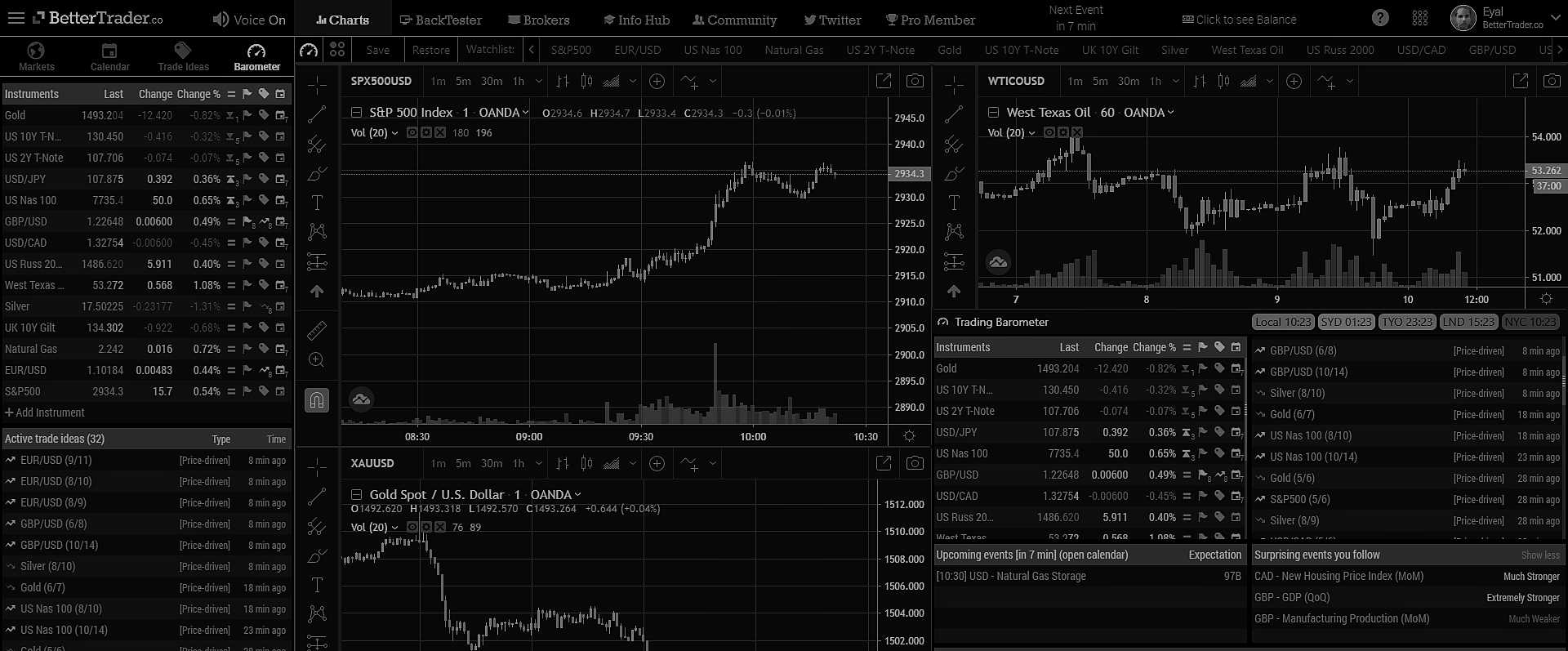Trading futures allows the trader to guarantee a quantity of goods to be delivered for a predetermined price at a future date. In every futures contract there must be a buyer and a seller. When looking to open a position you can choose to be the buyer or the seller. In the futures market selling the contract is the equivalent of shorting a stock in the stock market while buying is the same as opening a long position.
Futures contract exist for stock exchange indexes such as the S&P 500, commodities such as gold and oil, and currencies such as USD and GBP. When determining if you should allocate a portion of your portfolio to the futures market you must first consider the risks and benefits.
Cons and risks of the futures market?
Closing contracts
The main barrier for getting involved in the futures market is understanding exactly what you are purchasing. The different parts of a futures contract consist of its value, quantity, quality, and the date of expiration of the contract. Knowing that difference in how your contract will expire is required before opening a position. Your contract can be settled by cash or by the actual asset. You wouldn’t want to get a call after forgetting about your contract asking where you would like your 1000 barrels of oil delivered or worse a call requesting 1000 barrels of oil that you don’t have.
Time Decay
Something that traders have difficulty understanding is the effect of time decay on your contract. As time progresses and your contract will begin to lose value as the value of yesterday’s oil become increasingly less relevant as you move closer to the contract’s expiration date. A contract left alone out of the money will continue to lose value as the expiration date comes closer.
Leverage
Another risk associated with the futures market is the leverage associated with each broker. The typical leverage is approximately 10x meaning that with $100 you have the purchasing power of $1000. For ES (S&P500) contracts, the value changes by $12.5 per tick (minimum change), a tick is 0.25 points thus each point (1.0) move is four ticks. Assuming the S&P 500 moves by 0.5% which represents 15 points, at 4 ticks per point, this is a monetary move of $750 which can be a huge loss.
Time Dedication
Due to the futures market being open 24 hours a day the value will constantly change. Thus day trading futures contracts require a lot of time dedication to watching the market that some traders may not want to dedicate or may not be able to dedicate. And if you aren’t able to dedicate the time required then you are setting yourself up to lose money.
Pros and benefits of the futures market?
Regulated Exchange
Trusting your broker is a fundamental before you begin trading. In the futures market, it is extremely regulated and run by a single exchange. This feature waves the risks of dealing with brokers that don’t have your success as one of their primary interests.
Diversity
The futures market reaches commodities, currencies, and indices all with varying time expirations. This diversity creates many opportunities for traders so that they can get involved with what they want.
Leverage
The leverage in the futures market combined with the volatility enables you to make a decent income even if the market only moves a few points. The added benefit is the large liquidity which ensures you can exit a position when you want.
Low Barrier to Entry
The futures market has a low barrier to entry. This is created by the flexibility of the contract sizes. You have regular futures contracts, E-Mini contracts, and Micro E-Mini contracts which are all varied sizes of the same contract. This allows you to get involved with any sum of money you are looking to invest.
Low Fees
When making trades you have to pay fees, in the futures market the fee is extremely small averaging between $0.25 – $1 per contract. This helps in the futures market where the average trader is making multiple day trades every day. Making these day trades is important because the futures market often opens and closes at different prices. To prevent the overnight volatility you can close and reopen your positions daily.

Summary
Getting involved in the futures market means interacting in the “pro leagues” of market trading. With the different aspects needed before trading forming a plan and sticking to it is the best way to gain anything from the market. And even though the futures market may seem too complex it is definitely worth taking the time to learn, trade, and understand it.
You can read more about the futures market and contract specifications in the following article: Futures Trading 101: Symbols, Contract Months, Expiration and Specifications
Next article: What is the difference between trading options and futures – Options vs. Futures














